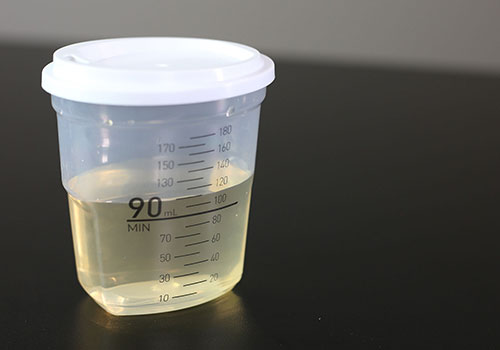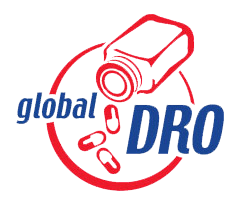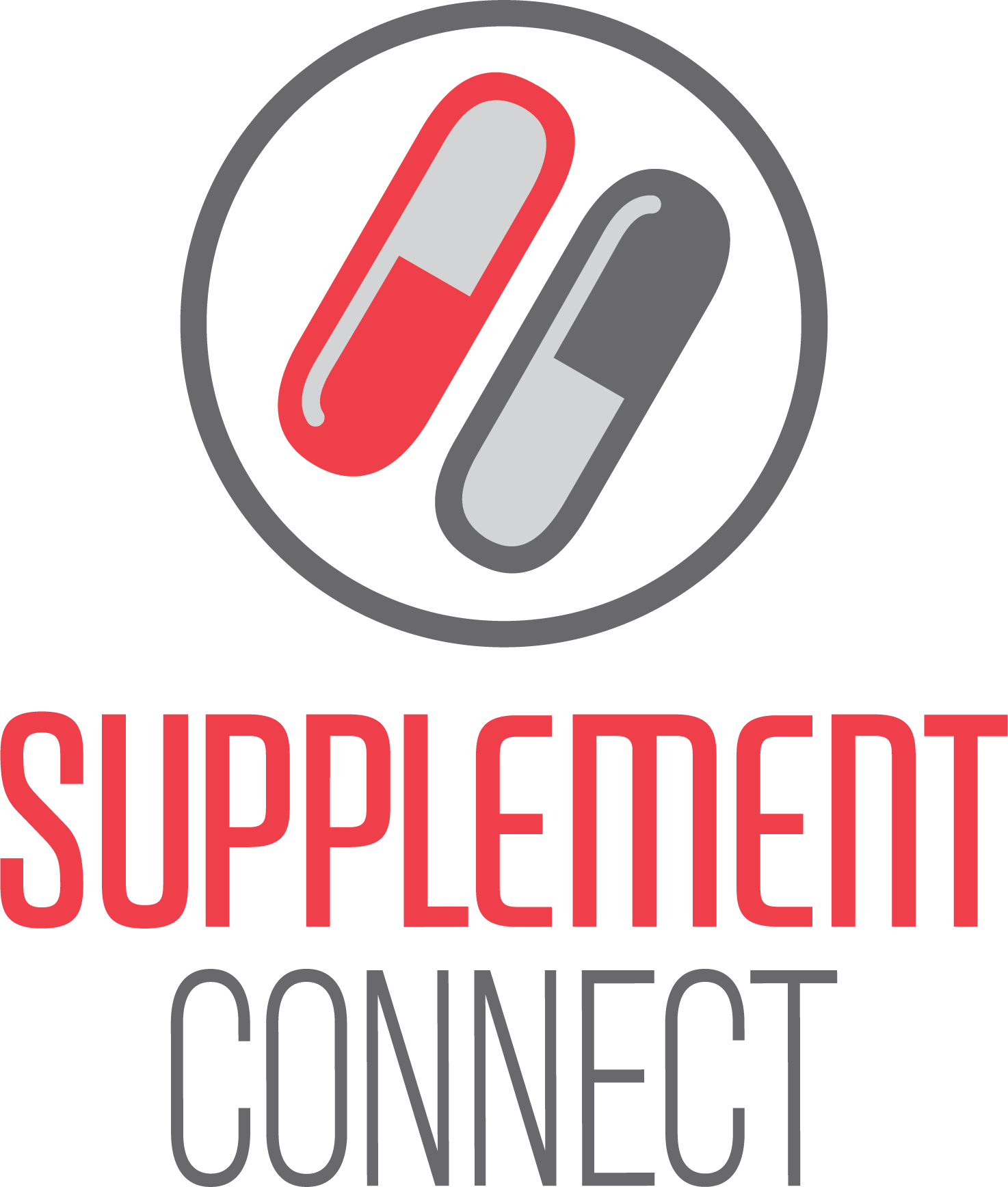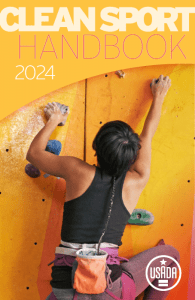Anti-Doping 101
Protecting clean athletes’ rights by detecting and deterring the use of dangerous, banned performance-enhancing substances and methods is at the core of what USADA does. We rely on and expect athletes to embrace anti-doping responsibilities to ensure the protection of clean competition. As such, USADA provides a wide range of resources and tools to help athletes understand their rights and uphold their responsibilities.
Are you competing in an event for the first time where there may be USADA drug testing? Do you have basic questions about the drug testing process and don’t know where to start?
This section answers some of the most commonly asked questions for athletes new to drug testing.
The Clean Sport Handbook is designed to provide athletes and athlete support personnel with a summary of the information needed to successfully participate in the anti-doping program governing their sport. Access to accurate information ensures that athletes and support persons are not only fully prepared for training and competition, but also for the important role they play in the broader global anti-doping movement.
RESOURCES
Use Global DRO to check the prohibited status of generic and name brand medications online.
Contact USADA’s Play Clean Tip Center by text, email, phone, or mail to report the abuse of doping in sport.
Determine if a TUE, or medical exemption, is needed for the use of a prohibited substance or method.
Understand the blood and urine collection processes from notification to the shipment of the sample.
Learn more about the Whereabouts program and the athlete responsibility to submit information.
Understand the issues associated with dietary supplement products and learn to reduce risk.
Understand the results management process and what happens after an athlete provides a sample.
Understand athletes’ responsibilities to USADA and their International Federation when retiring from sport.
Frequently Asked questions
Click on the question to drop down the answer.
 USADA is able to test and adjudicate anti-doping rule violations for any athlete who:
USADA is able to test and adjudicate anti-doping rule violations for any athlete who:
- Is a member or a license holder of a United States Olympic & Paralympic Committee (USOPC)-recognized sport National Governing Body (NGB)
- Is participating at an event or competition sanctioned by the USOPC or a USOPC-recognized sport NGB or participating at an event or competition in the United States sanctioned by an International Olympic Committee-recognized International Federation (IF) for sport
USADA may also test and adjudicate athletes who meet the following criteria:
- Is a foreign athlete who is present in the United States
- Has given his/her consent to testing by USADA or who has submitted a Whereabouts filing to USADA or an IF within the previous 12 months and has not given his/her NGB written notice of retirement
- Has been named by the USOPC or an NGB to an international team or who is included in a USADA testing pool or is competing in a qualifying event to represent the USOPC or NGB in international competition
- Is a United States athlete or foreign athlete present in the United States who is serving a period of ineligibility on account of an anti-doping rule violation and has not given prior written notice of retirement to his/her NGB and USADA or the applicable foreign anti-doping agency or foreign sport association
- Is being tested by USADA under authorization from the USOPC, an NGB, IF, any National Anti-Doping Organization (NADO), the World Anti-Doping Agency (WADA), the International Olympic Committee (IOC), International Paralympic Committee, (IPC), or the organizing committee of any event or competition.
Any athlete competing in a race that falls under an NGB’s jurisdiction or that has a short-term or long-term NGB license can be tested by USADA. USADA believes that all athletes, regardless of competition level, have the right to compete on a clean and level playing field.
 Whereabouts information (dates, times, locations, etc.) is information submitted to USADA by an athlete, which allows the athlete to be located for out-of-competition testing. Only athletes in the Registered Testing Pool (RTP) or Clean Athlete Program (CAP), who have been personally and directly informed of their inclusion in the RTP or CAP, are required to submit Whereabouts. All other athletes are not. Whereabouts requirements are determined by RTP or CAP inclusion, not event participation. For more information on Whereabouts, please click here.
Whereabouts information (dates, times, locations, etc.) is information submitted to USADA by an athlete, which allows the athlete to be located for out-of-competition testing. Only athletes in the Registered Testing Pool (RTP) or Clean Athlete Program (CAP), who have been personally and directly informed of their inclusion in the RTP or CAP, are required to submit Whereabouts. All other athletes are not. Whereabouts requirements are determined by RTP or CAP inclusion, not event participation. For more information on Whereabouts, please click here.
As a signatory to the World Anti-Doping Code, USADA tests for substances and methods found on the World Anti-Doping Agency Prohibited List. It’s important that athletes are aware of the substances and methods on the Prohibited List, as an athlete is responsible for any prohibited substance found in their body, regardless of intent.
It’s also important to understand that certain substances are prohibited at all times, while others are prohibited only during competition. In some cases, a substance is only prohibited in a certain sport. Use the resources on this tab in conjunction with the next step about medication to determine whether a substance is prohibited.
 Athletes need to be aware of the prohibited status of any medication they are taking, whether it be an over-the-counter or prescription medication. The easiest way to understand your medication is to use USADA’s Global DRO tool, where generic and name brand products, or specific medications or ingredients, can be searched. Results will yield information including the in- and out-of-competition status, any threshold information, as well as sport-specific information for those substances prohibited only in certain sports.
Athletes need to be aware of the prohibited status of any medication they are taking, whether it be an over-the-counter or prescription medication. The easiest way to understand your medication is to use USADA’s Global DRO tool, where generic and name brand products, or specific medications or ingredients, can be searched. Results will yield information including the in- and out-of-competition status, any threshold information, as well as sport-specific information for those substances prohibited only in certain sports.
Athletes or their support team can also speak to an expert by phone during business hours by calling Athlete Connect at (719) 785-2000.
If and when a medication is prohibited, athletes may choose to stop taking or replace the medication with a non-prohibited substance, or explore the Therapeutic Use Exemption process.
Your health is the first priority. Any decision to stop or start a medication should be made in consultation with your medical provider.
 In some situations, an athlete may have an illnesses or condition that requires the use of substances or methods listed on the World Anti-Doping Agency’s Prohibited List. A Therapeutic Use Exemption (TUE) provides permission for an athlete to have a prohibited substance in their body at the time of a drug test.
In some situations, an athlete may have an illnesses or condition that requires the use of substances or methods listed on the World Anti-Doping Agency’s Prohibited List. A Therapeutic Use Exemption (TUE) provides permission for an athlete to have a prohibited substance in their body at the time of a drug test.
The process for obtaining a TUE is thorough and balances the need to allow athletes access to critical medication while upholding clean athletes’ rights to compete on a level playing field. In some cases, the TUE requirements are different for International Athletes, National Athletes, Recreational Athletes, or Sport Participants.
Athletes interested in obtaining a TUE should visit the Therapeutic Use Exemption page, where they can determine if they need a TUE by completing the TUE Pre-Check Form, begin the application process, and find answers to the most frequently asked TUE questions.
Athletes selected for testing are subject to both blood, dried blood spot, and/or urine testing. The processes are designed to be both effective in preserving the integrity of the sample, yet safe and comfortable for the athlete. Understanding the processes, as well as an athlete’s rights and responsibilities, can help to make testing less intimidating. There are additional considerations for minor athletes and impaired athletes.
Learn more about the sample collection processes with the links below:
Athletes tested under USADA’s testing authority will typically receive a notification of their results within 6-8 weeks from the date of their test. Tests administered by USADA on behalf of other sport organizations or federations will be subject to that organization’s results management process and athletes will not receive results for those tests from USADA.
For more information on USADA’s results management process, please click here.
 The unfortunate reality is that the use of dietary supplements can be risky and caution must be exercised when considering their use. Use Supplement Connect to:
The unfortunate reality is that the use of dietary supplements can be risky and caution must be exercised when considering their use. Use Supplement Connect to:
- REALIZE there are safety issues with dietary supplements.
- RECOGNIZE risk when you see it.
- REDUCE your risk of testing positive and experiencing health problems by taking concrete steps.
Get in touch with Athlete Connect. Email AthleteConnect@USADA.org, call (719) 785-2000, or use the form below.
NOTE: THIS FORM DOES NOT UPDATE WHEREABOUTS INFORMATION





